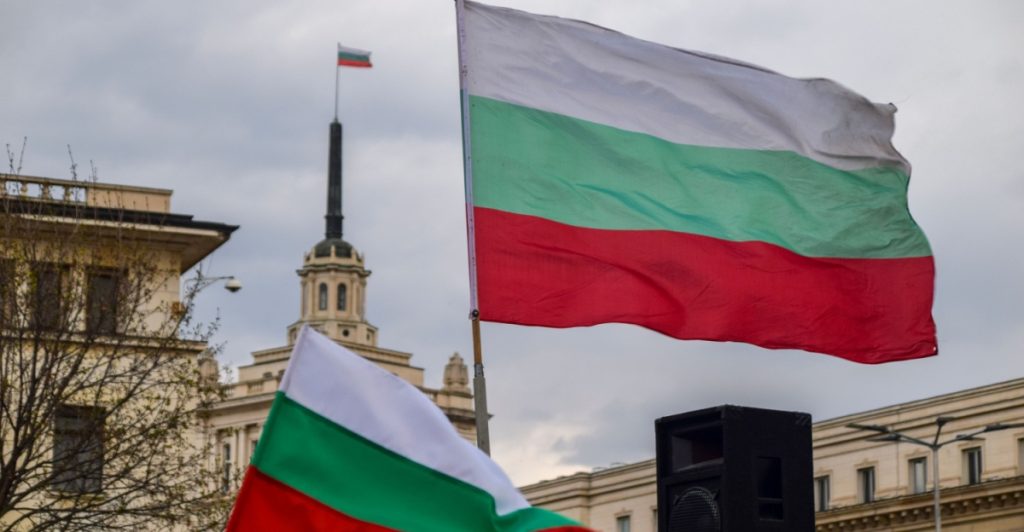The EU is expected to greenlight Sofia’s transition to the single currency, as Romania watches from the sidelines.
Others are reading now
As inflation, integration, and influence dominate headlines across the EU, Bulgaria is preparing to take one of its biggest steps since joining the bloc: adopting the euro. If all goes to plan, the leva will be replaced by the euro on January 1, 2026, moving the country into the core of EU monetary policymaking.
It’s a shift that brings Bulgaria closer to Brussels — and further from the economic orbit of Russia, just across the Black Sea.
EU Endorsement Expected
Officials say the European Commission and the European Central Bank are poised to endorse Bulgaria’s request in a report due next week.
The country would become the 21st member of the eurozone, and the governor of Bulgaria’s central bank would gain a seat on the ECB’s Governing Council.
Also read
“Joining the euro will only strengthen Bulgaria’s sovereignty — we will participate in the ECB’s decision-making process.”
said Atanas Pekanov, a Bulgarian economist and former deputy prime minister, in an interview.
Although the leva has long been pegged to the euro, Bulgaria has had no role in shaping monetary policy — a gap this move aims to close.
Romania Still Waiting
The contrast with neighboring Romania is striking. While both countries joined the EU in 2007 and have maintained ambitions to join the eurozone, Bulgaria has made faster progress, particularly in stabilizing inflation and meeting convergence criteria.
Romania has repeatedly postponed its own target date — most recently floating 2029 — and continues to grapple with fiscal deficits and governance hurdles.
Sofia, meanwhile, has managed to bring inflation below key thresholds, though a recent VAT hike has temporarily pushed it back up.
Inflation Fears and Political Noise
Despite the progress, Bulgaria’s path is not without resistance. President Rumen Radev recently proposed a referendum to delay euro adoption — a move parliamentarians and legal experts have called unconstitutional.
“It makes no sense… to manipulate people and instill fear,”
said Prime Minister Rossen Zhelyazkov, dismissing the proposal.
Critics worry the transition could lead to a short-term spike in prices, especially in rural areas, echoing patterns seen in Slovakia and Lithuania.
Supporters argue that the long-term trade and investment benefits outweigh the risks.
As reported by HotNews.ro, Bulgaria’s move toward the euro underscores a deeper alignment with EU institutions — one that may put pressure on Bucharest to follow sooner rather than later.


